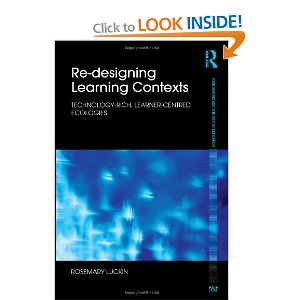Who could be anything but delighted to see this headline? A-level results: Malala Yousafzai gets a place at Oxford, this is excellent news and a great boost for those campaigning for equal education. In fact, the publication yesterday of A level results in the UK has spurred me to take a slight diversion from worrying about who is moving my brain or my cheese. I certainly would not want to detract from the hard work that any students have put into their A level studies or to take the shine off their success. It is wonderful to see the smiling faces of successful students across the newspapers.

However, success does not come to all and even on a celebration day, or perhaps I should write especially on a celebration day, I think we need to consider alternatives to the stressful stop and test regime that pervades most education systems. I wrote about this in Nature Human Behaviour earlier this year under the heading: ‘Towards artificial intelligence-based assessment systems’ and it looks like it has been read a few times because it is ranked 5,746th of the 237,966 tracked articles of a similar age in all nature journals which puts it in the 97th percentile. This does not seem bad given that it was only a ‘comment’ piece and not a full paper. On a less positive note in an internal REF assessment exercise it was only ranked as 2*, which is not great and probably reflects the difficulty for academics in publishing more popular style articles. However, the modest success of the article in terms of the altometrics that Nature run encourages me to believe that there is some interest in exploring the possibilities that the intelligent design and application of AI could afford for National assessment systems. I therefore draw attention to this possibility here and hope to encourage further debate. The key point I wanted to convey in the Nature Human Behaviour article was that there are alternatives to exams, that are less stressful, less expensive and that allow teachers and learners to spend more time on teaching and learning (shouldn’t this be the point of education?).
This message may not be what others have selected to focus on, but for me, the most important thing is that we have an assessment system that is holistic, fair and that let’s all students evidence their knowledge, skills and capabilities.

Leave a comment